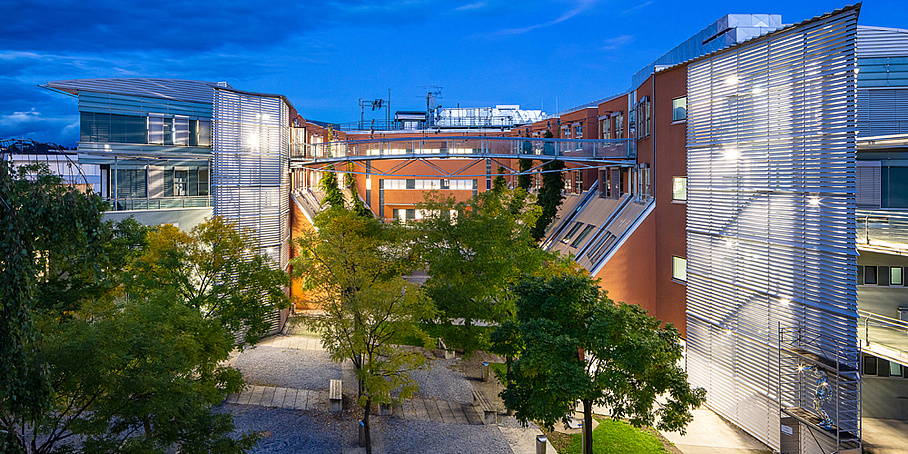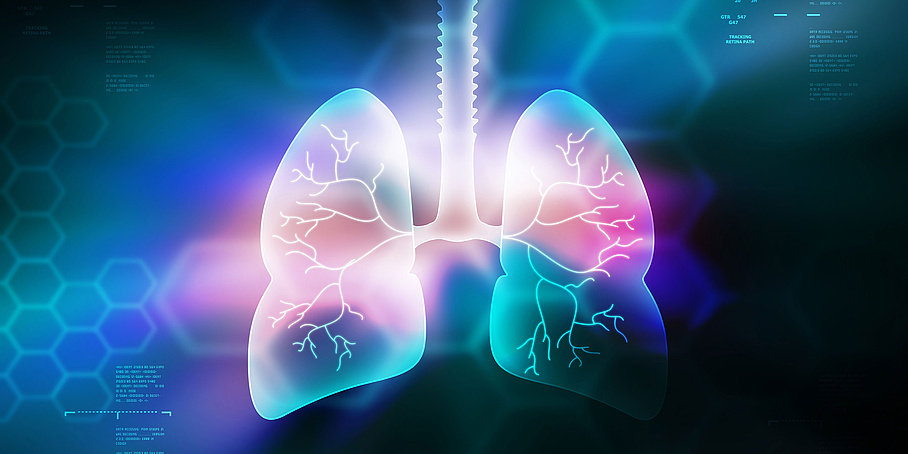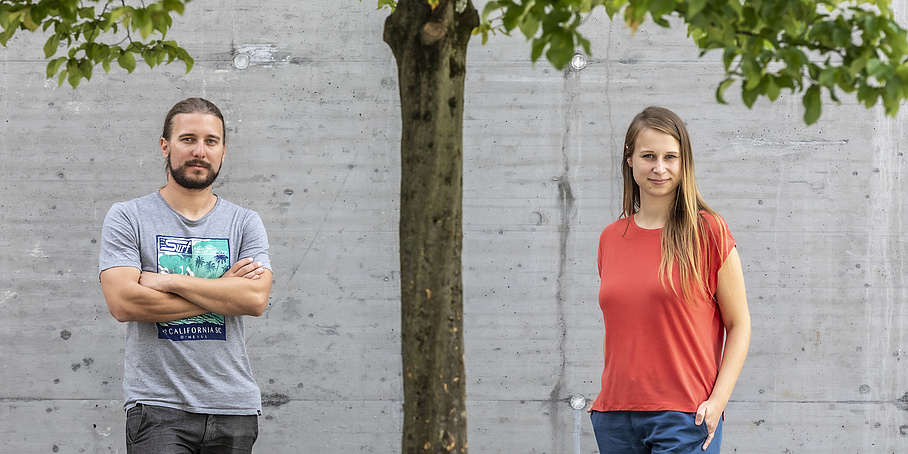What is the "Internet of Things"? The Internet of Things, or IoT, includes billions of miniature computers that communicate wirelessly with each other and are integrated as tiny systems into all kinds of objects.
Many everyday applications rely on the IoT, from smart homes to connected vehicles, from smart traffic control to position tracking of objects, from smart medical devices to networked machines and factories. Applications in the areas of health, traffic, living and production must work 100 percent reliably even in the face of interference and targeted attacks. Easier said than done: security in the Internet of Things still needs to be researched in depth because it consists of countless individual devices - and each one makes the overall system vulnerable.
How the risks of this constantly growing mega network can be minimized and where and how we will increasingly encounter smart things are central research topics at TU Graz, on which experts from computer science, biomedical engineering, electrical engineering and information technology are working together.
What Makes a Building Smart?
Smart buildings are designed to increase comfort and reduce energy consumption. Gerald Schweiger, who works on intelligent energy systems at TU Graz, knows what opportunities are opening up.
Smart Medicine: Digitalization of the Health Care System
Fitness trackers, patches to measure body temperature, telemonitoring of cardiac parameters – the Internet of Things does not stop at medical technology, as Christian Baumgartner from TU Graz well knows.
How does the Internet of Things work?
(Video in German, English subtitels available)
Young researchers making the Internet of Things safer
She investigates black-box-systems, while he predicts the state of networked systems. Andrea Pferscher and Markus Tranninger are two of 11 young researchers in the TU Graz project "Dependable Things".





